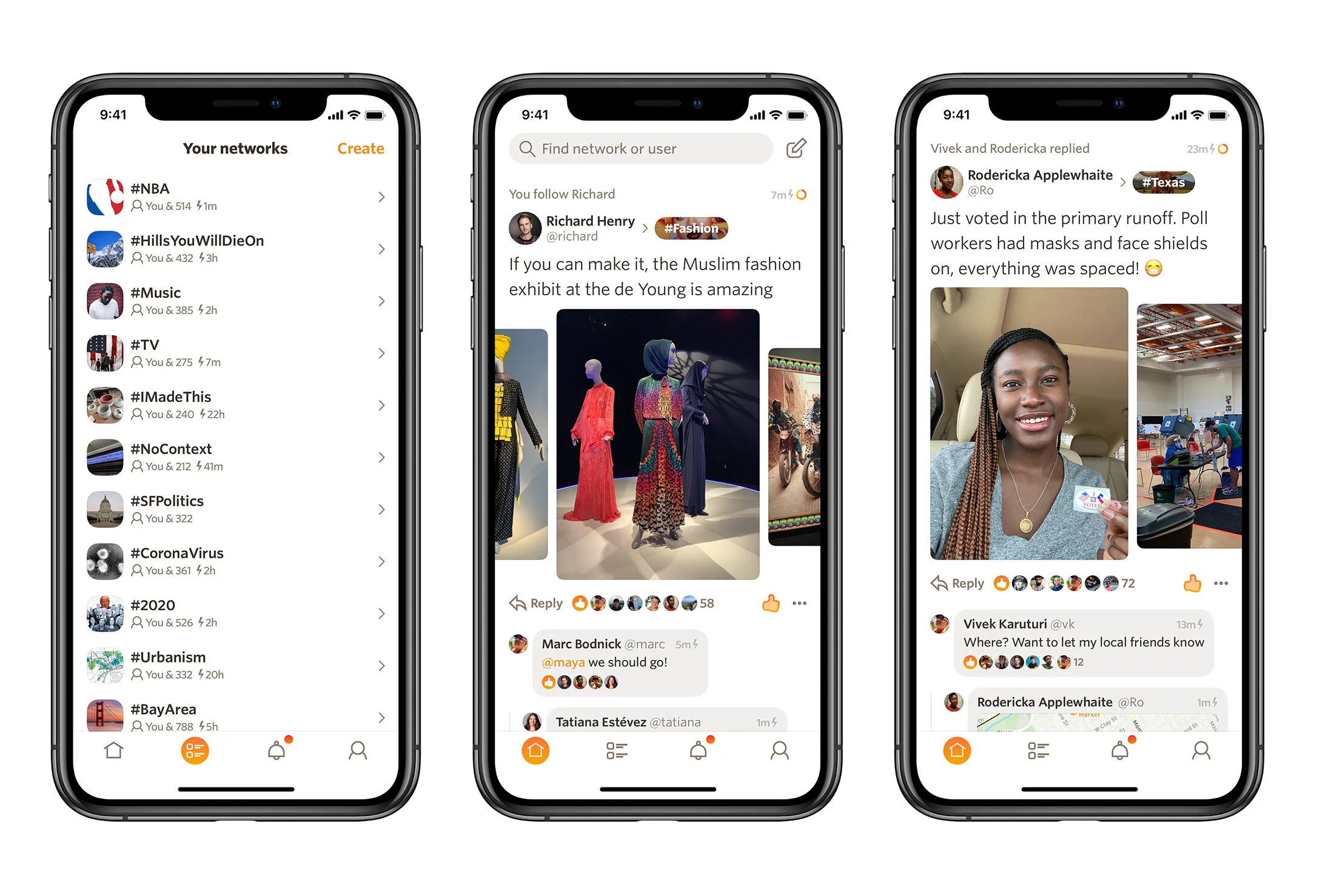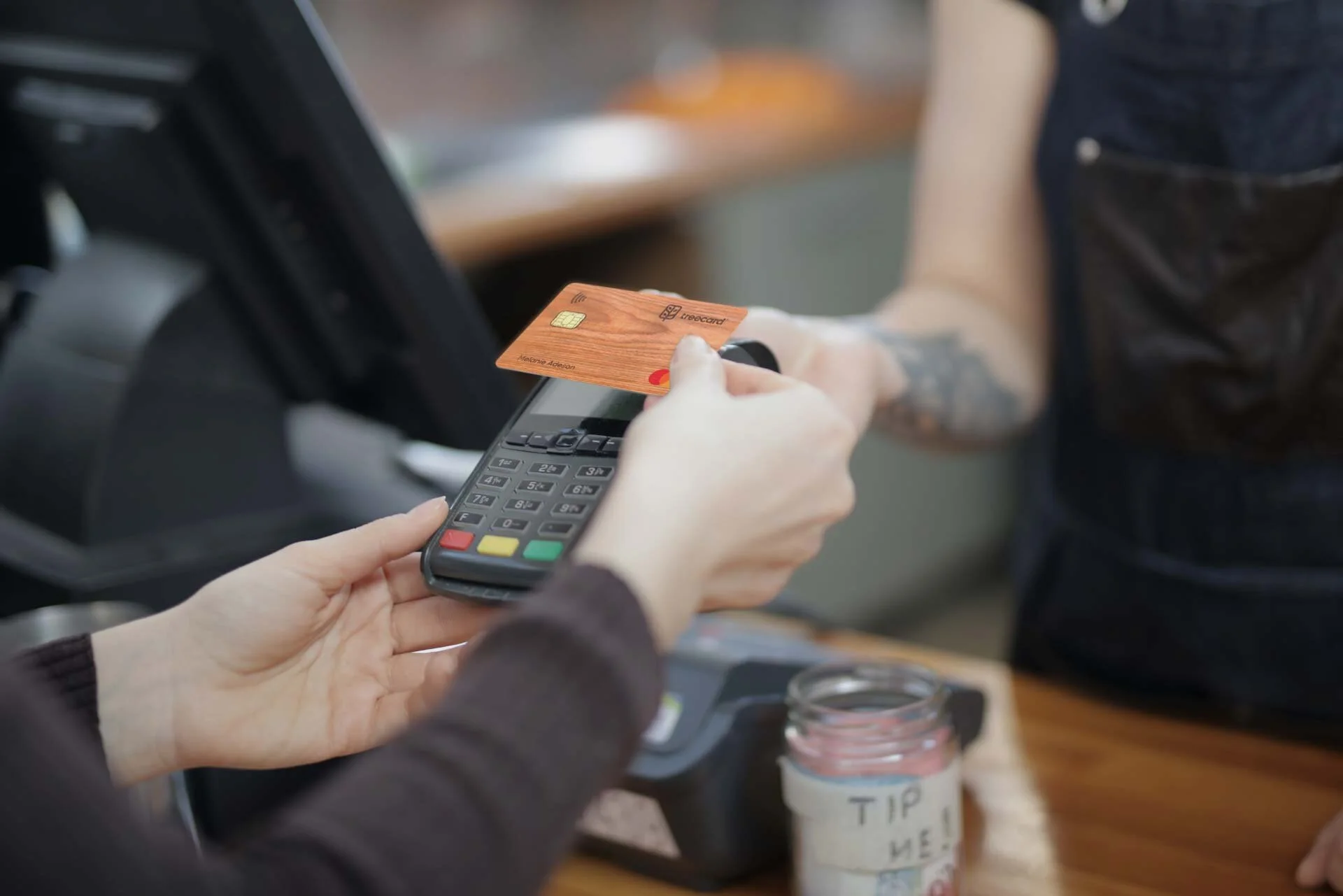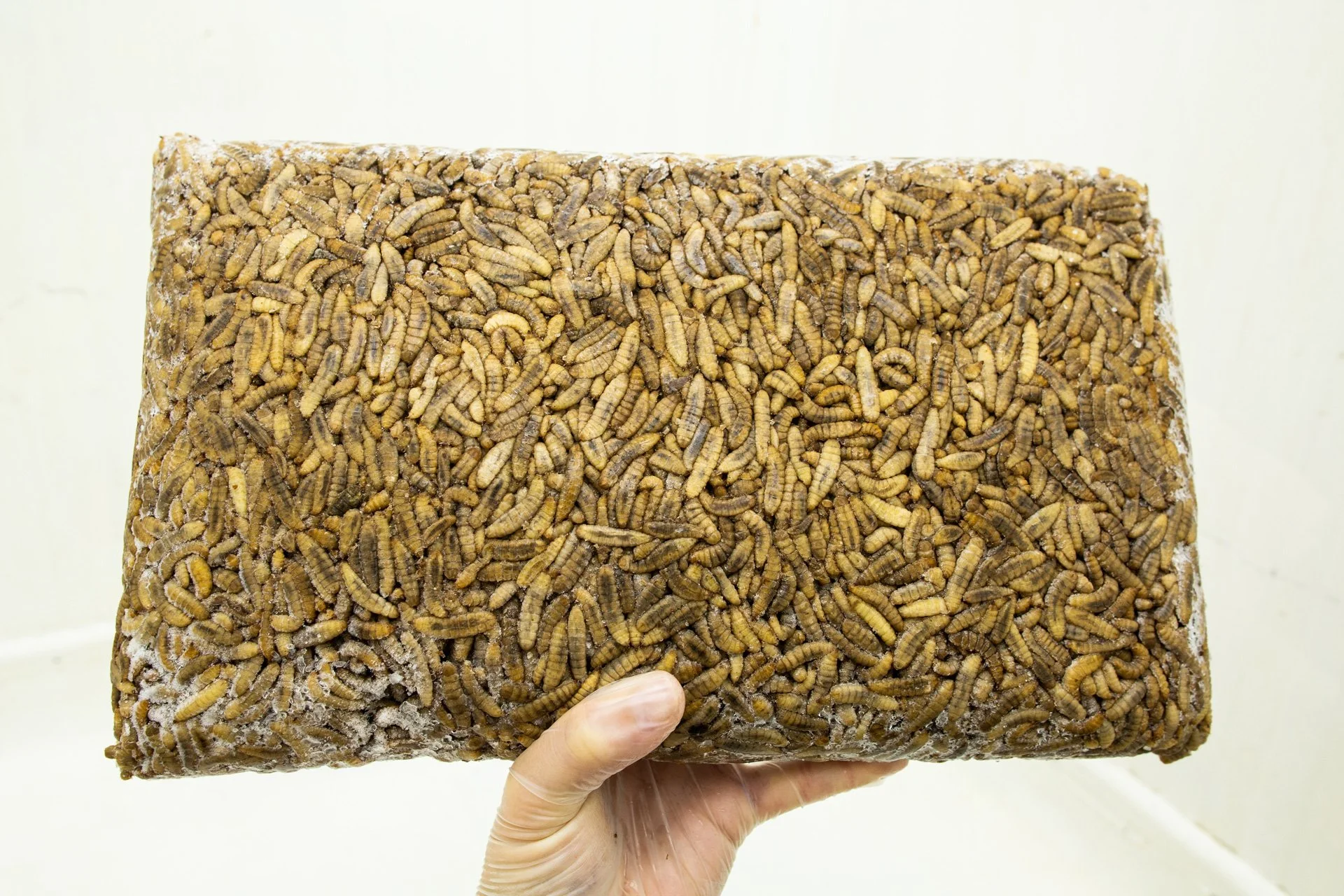Magic Spoon — for dialling up the nostalgia
Magic Spoon is a new challenger to the cereal category tapping into two potentially potent ingredients.
We've seen the first ingredient before in challengers in the food category. Whether it’s Halo Top offering us delicious ice cream without the calories, or Impossible Foods offering us meat without the moo, oink, or CO2, there's a wave of new brands answering our ‘unreasonable’ demands for guilt-free indulgence.
And reading the side of the box alone, Magic Spoon seem to embrace this emerging trend. With 12g of protein, but only 3g of carbs and 110 calories per pack, they could reasonably be considered just another brand to add to the growing list of brands catering to a health-conscious, gluten-free, low-carb lifestyle.
Even its DTC subscription model follows a now relatively well-beaten path, allowing it (like cluck-free ‘simulated meat’ brand Nuggs), the added benefit of being able to rapidly test and evolve its product line, baking novelty into a category where the big players are often constrained by fierce competition for retail space.
So, pretty much what our jaded palates would expect right?
Well, it’s the second ingredient – the one not listed in the nutritional information – that's quite interesting* - Magic Spoon comes with a big serving of nostalgia.
“Part of the brand’s exceptional success in 2020 was due to people searching for comfort amid the pandemic.”
Much has been written about the power of nostalgia in 2020 (who knew it was once considered a disease?), and co-founder Greg Sewitz is quick to accept that part of the brand’s exceptional success last year was due to people searching for comfort amid the pandemic.
However, the origin of the idea lies much deeper – the insight that, in the words of the other co-founder Gabi Lewis, the cereal category wasn't dying – it had just failed to ‘grow up with its audience’.
Driven by this belief, Magic Spoon crafts a dramatically kitsch homage to the best of how we might remember cereal from our childhood (minus the toy at the bottom of the box, though there are rumours they're considering it), rather than create a pure pastiche of the category from a particular time.
So what's to watch in 2021?
First, can they manage the transition from an exciting lockdown curiosity to an established feature of the breakfast cupboard, and keep the customers’ attention it’s won over 2020? In doing this, the company could do worse than look to an adjacent category, and see how Oatly has gone beyond relying on distinctive packaging alone to maintain a clear and compelling point of view on the world that it projects in everything it does.
Secondly, can the brand successfully navigate its planned evolution from online-only to brick and mortar retail? Looking at brands like Pip & Nut, finding the right partners to launch with will be necessary, but equally, finding the right place to stand out in-store will also be an exciting challenge.
And finally, will the big players in the category give them the space to do so? The legacy brands are already sitting on a huge amount of stored up childhood brand affinity with the same audience Magic Spoon is targeting. Though the most effective way to connect with this audience might differ, there’s real potential for the incumbents to tap into this same sense of nostalgia to re-establish themselves as iconic national brands with deeper R&D pockets.
That might be the real crunch.
* I’m not knocking the chemistry genius that creates sweet low carb cereal**, but I’m definitely not qualified to write about it.
** It’s D-Psicose if you're here for that kind of thing.





















